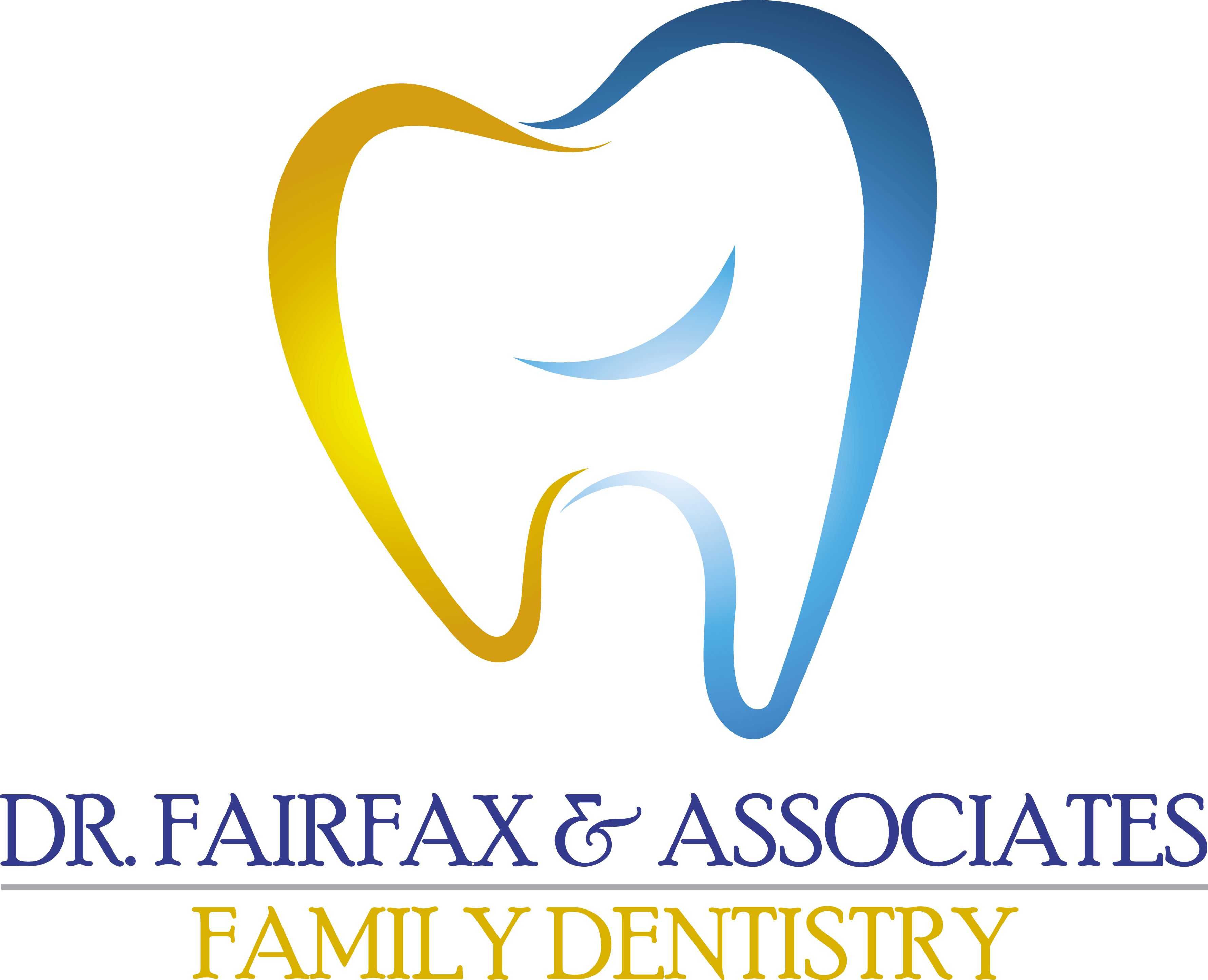You know that consuming a lot of sugar is bad for your teeth, but it’s not the sugar itself that causes cavities. It’s the series of events that occur after you eat. If you want your family to enjoy optimal oral health, it’s a good idea to have some understanding of the process that takes place in your mouth when you eat.
It’s the Acid that Does the Damage
Throughout your day, food debris and saliva collect on your teeth and develop a sticky biofilm called plaque. Plaque is made up of different microbes, including bacteria, which love to feed on sugar. When you eat a sweet snack, bacteria metabolize the sugar and produce acid as a byproduct.
Dental enamel is the hardest substance in the human body, even harder than bone. But as strong as enamel is, it is no match for the acid that immediately starts breaking down your enamel in a process called demineralization. Demineralization occurs when the acidity in your mouth increases after eating.
Breaking the Cycle
Every time you eat, the demineralization process takes place. However, just like other parts of the body, our teeth can repair themselves, and demineralization and remineralization is a natural cycle that occurs regularly throughout the day. If you rinse your mouth or brush your teeth after eating, you neutralize the acid, and the process of remineralization begins.
The real problem occurs when you nurse sugary drinks or eat candy throughout the day. If you don’t’ break the cycle and neutralize the acid, your teeth don’t have a chance to remineralize, and the acid keeps destroying healthy dental enamel and causing cavities.
Call Us to Learn More
Hopefully, now you have enough information to help you understand what happens in your mouth and how you can prevent decay. If you live in the 22031 area, please call top dentist Dr. Cerina Fairfax to learn more about cavities and the ways you can protect your oral health.
